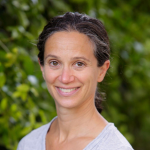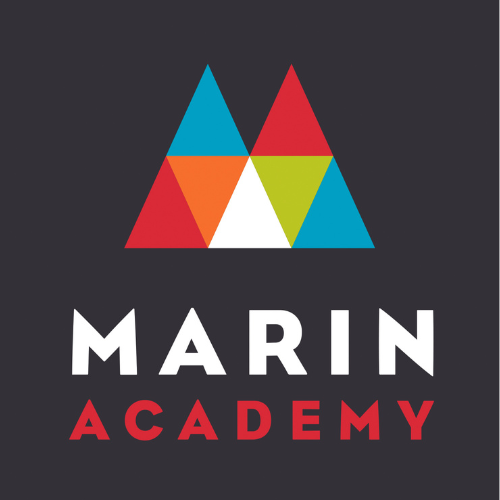Building Student Capacity: Refining our Approach to Learning Support
Aug 07, 2024 9:00AM—3:00PM
Location
Marin Academy
Cost Early Bird Pricing for Members (Available until July 10) $755 members; $635 group-rate 3+; $1,210 non-members
Categories Curriculum & Pedagogy, In-Person, Summer Institute

ABOUT THIS IN-PERSON SUMMER INSTITUTE
Executive functioning skills are a prerequisite for learning. And, when the executive functioning demands of school become overwhelming, our students can get stuck in the details of planning, organizing, and “doing school” rather than focusing on the skills we want to nurture. Most kids want to do their work well, so what holds them back when they don't? Is it a lack of motivation or cognitive ability—or could it be a struggle to regulate their behavior toward a goal? In response to this struggle, learning support structures often focus on trying to “fix” the learner; we help our students understand, practice, and build their executive functioning skills.
Drawing from Universal Design for Learning principles, we will consider the flip side — what if the barrier to access is not the learner’s executive skills (that are housed in a still-developing part of our students' brains), and instead, it's in our design? How can we refine the design of our courses in order to emphasize the skills we want to nurture, such as creating, collaborating, solving problems, and thinking critically?
LEARNING GOALS
This program will consist of two parts. Part one will focus on building our understanding of executive functioning. Part two will give space and opportunity for designing and refining our assessments.
In Part One, participants will:
- Self-assess our executive functioning skills
- Consider our biases and judgments around teens with executive dysfunction and clarify the language we use to describe student learning
- Understand what executive functioning is and how it sets the stage for learning
- Examine four practical approaches to executive functioning support
In Part Two, participants will:
- Reflect on our strengths and challenges in our current approach to student support as educators, learning specialists, and administrators
- Practice goal-setting and backward design that lead to the design of our assessments
- Brainstorm ways to minimize the cognitive load of our assignments without compromising the learning goal
AUDIENCE
This program is designed for middle and high school teachers, student-facing administrators, and learning specialists.
ABOUT THE FACILITATORS

Rebecca Gustin received a B.A. from Pomona College in Biology and an M.A. in Educational Leadership from Columbia University. She began her teaching career at Flintridge Preparatory School near Pasadena, where she taught biology and chemistry. She also taught ninth- and tenth-grade chemistry and biology at her alma mater, University High School in San Francisco. Before that, she was Tenth Grade Dean and taught seventh-grade human biology and tenth-grade chemistry at The Spence School in New York City. Currently at Marin Academy, Rebecca began as a science teacher and in 2010, started her current role as Director of Learning Services. Grounded in relationships, Rebecca works with students to support them as they become more self-aware and strong self-advocates. As her time and position in Learning Services have evolved, she has discovered that some of her most impactful work is collaborating with colleagues to embed our understanding of learning into everything we do with students.

Harrison Shure received a B.A. from the University of Virginia and an M.A. in American History from Pace University through the Gilder Lehrman Institute of American History. He began teaching at The Loomis Chaffee School in Windsor, CT, where he wore a number of hats including teaching in and eventually chairing the history department; leading professional development sessions as the Associate Director of the Kravis Center for Excellence in Teaching; and looking after students in the dormitories. He then moved to The Ethel Walker School, a girls+ school in Simsbury, CT, where he was the Assistant Head of School, Dean of Academics. In the summer of 2023, Harrison moved to the Bay Area where he began his current role at Marin Academy as Dean of Academics. Harrison was drawn to MA’s competency framework and transdisciplinary work, and is particularly passionate about ensuring that every student has the tools and support structures in order to thrive as learners.
HOST AND PARTNER SCHOOL
CATDC partners with member schools to host our in-person programs, providing educators the opportunity to learn with peers in diverse settings. We are thrilled to partner with Marin Academy on this Summer Institute, welcoming the larger independent school community on their campus for a day of learning and collaboration.
Cancellation Policy
Life happens. We understand that there will be times when you cannot attend a workshop that you have registered and paid for. We strive to be as helpful and flexible as possible when things out of your control happen. Please visit our FAQ page for detailed information about our cancellation policy and answers to frequently asked questions about enrollment and membership.

